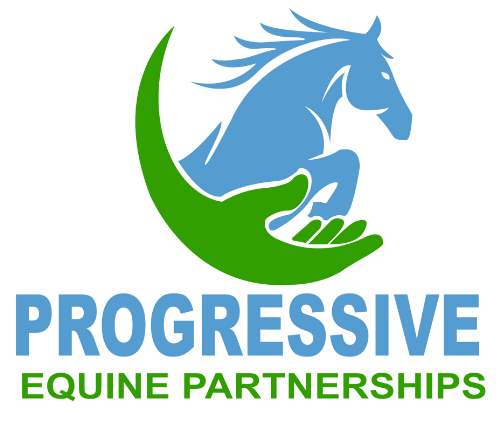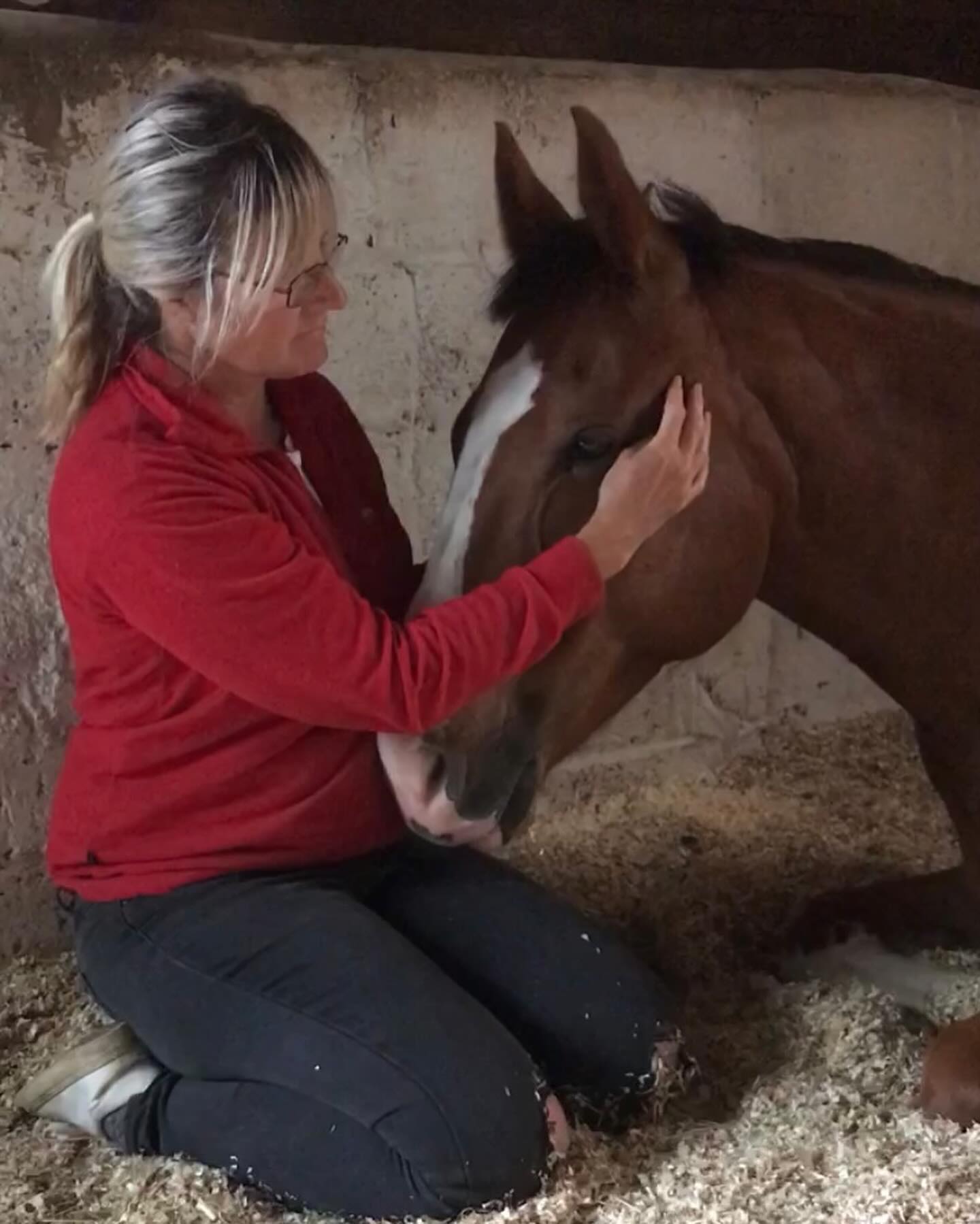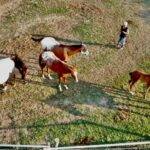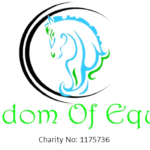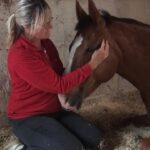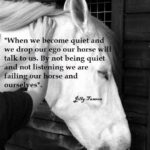Back2Balance Equine Therapy
Bio
BACK2BACK EQUINE THERAPY
Nicola is a certified and insured Equine Therapist. Specialising in Cranio Sacral Therapy & Myofascial Release.
Credentials
FAQ's
What is Cranio Sacral Therapy?
Equine Cranio Sacral Therapy is one of the most powerful & effective methods that exist in equine therapy today.
It is a complementary and alternative hands-on approach, focusing on the nervous system & musculoskeletal disorders, all the while aiding the drainage of toxins through the lymphatic System.
This gentle holistic connection of releasing compressions within the cranial sutures, restores dural matter movement & feeds the central nervous system.
The cranium (skull) is enveloped in a blood supplied web of fascia. Nerve branches become impinged, compressed and tight. Myofascial tissue can also become adheised to the cranium plates restricting cranial breathing, and create a distorted asymmetry, disrupting neurological communications between the brain, cells, and organs of the whole body, compromising wellbeing.
These issues can arise from a single injury, head trauma, badly fitting bridles (tight nosebands), pull back trauma, dental imbalances and incorrect rider contact causing tissues to become inflamed, adheised and painful.
Equine Cranio Sacral Therapy focuses on relieving compression within the cranium, Temporal Mandibular Joint (TMJ) and the poll area, releasing the pull on the dural tube (spinal column) which will have an immense detrimental effect on the whole central nervous system, compromising and disrupting equine proprioception.
WHAT CAN CAUSE CRANIO SACRAL PROBLEMS
Emotional and or postural tension
Bad conformation
Injuries/scar tissue
Stress and strain from equine recognised levels of ability
Injury or trauma (to the head, spine or hind end)
Stress or negative emotions
Normal aging process
Cribbing and weaving
Head shaking/tossing
TMJ (result from poor or
incorrect bit & dental health
Skeletal misalignment
Thoracic cavity restrictions
COMMON ISSUES TREATED WITH CRANIO SACRAL THERAPY
Lowered lumbar vertebrae
Thoracic vertebrae rotation/tilt
Restricted jaw
Cranial tension
Clamped tail
Aid proprioception
What is Myofascial Release?
Fascia is a protein rich web of tissue made from collagen that envelopes, binds and protects bone, tendons, ligaments, cartilage, muscles, teeth, nerves and organs.
THE DEEP & DEEPEST MYOFASCIAL LAYER protects, supports and feeds the internal organs, skeletal structures, brain, spinal cord & muscle groupings.
THE SUPERFICIAL MYOFASCIAL LAYER lays beneath the skin but is also attached to subcutaneous layers of fat. This layer consists of nerve endings, lymphatic capillaries, blood capillaries, veins, arteries. hair follicles, sweat glands and sebaceous glands.
MYOFACIAL RELEASE is a hands-on, holistic whole-body technique that is applied with gentle pressure on the myofascial connective tissues to release restrictions. Allowing the tissues to elongate and unwind from a state of adhesion. It can take 90 to 120 seconds to release restrictions, and only then will the tissue begin to let go and unwind.
Fascia is a three-dimensional web that surrounds every bone, muscle, nerve, organ, and vessel right down to the cellular level. It is comprised of elastin, collagen and a fluid called ground substance. If fascia loses its elasticity; the collagen becomes dense and fibrous and the ground substance solidifies. Fascial restrictions can then cause pain, neuropathy, decreased circulation, muscular atrophy, decreased flexibility, postural changes, decreased stamina, changes in gait and movement.
Restrictions can develop in fascia from trauma, poor posture and repetitive training, and for many other reasons. These restrictions can create pain, swelling, misalignments, poor muscular biomechanics, decreased range of motion, decreased strength and lameness.
Let’s use a tablecloth as an example:
You lay your table cloth over a flat surface and then take a corner between your fingers and gently pull., What happens? You create a ripple effect from one corner of the table cloth to the other. So, you may possibly be thinking your seeing hindlimb lameness where in fact you have issues withing the cranium and vice versa.
WHAT CAN CAUSE MYOFASCIA RESTRICTIONS
Trauma (physical or emotional)
Inflammation
Overuse/too heavy workload
Repetitive training
Poor saddle/rug fit
Mirrored dysfunction of the horse and rider
Surgery
Direct injury
Stress and strain from equine recognised levels of ability
Poor nutrition
Unbalanced feet
Scar tissue/gelding scar
One sided horse
Misaligned cranial structures
Contact
Review
Write a ReviewThere are no reviews yet.
